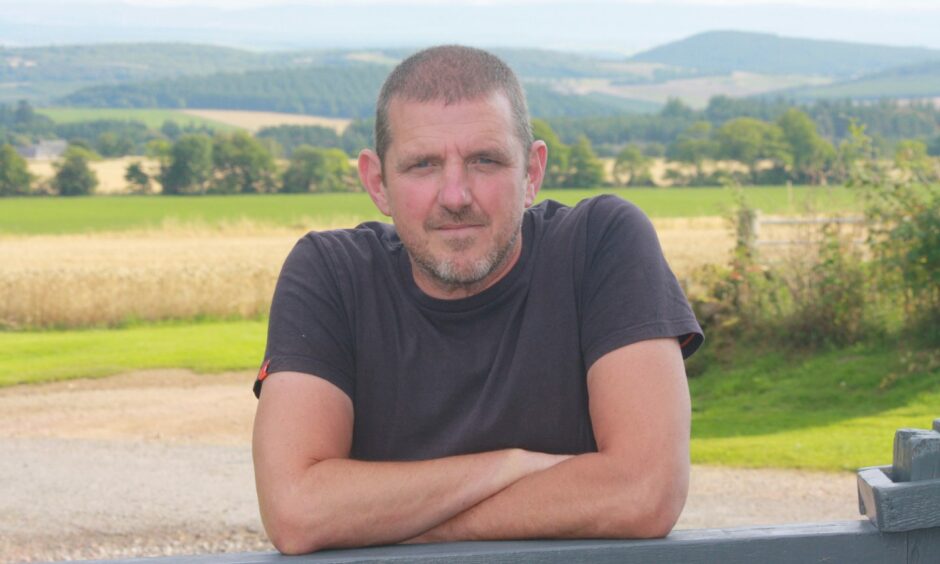
Neil Lancaster admits he has been on a “strange and unexpected journey” since he swapped the Metropolitan Police for a quieter life in the Black Isle.
Eight years ago, he was a detective in London on an organised crime team targeting the most serious criminals, including the notorious serial killer Levi Bellfield, and was sufficiently burnt-out that he decided to take the plunge and move 600 miles north.
He had enjoyed lots of long walks in the forest behind his house, thriving in Nature and listening to audiobooks, and, one day, asked himself: “I wonder if I could write a book?”
Living his dream to the Max
Since then, he has become one of the most proficient, imaginative and insightful authors in his field, initially through his Tom Novak trilogy, as the prelude to gaining the idea for his Max Craigie novels, after hearing a story about a strange grave in Caithness, which simply bore the inscription: “This Grave Never to Be Opened”.
That led to him being offered a lucrative deal with international publisher HarperCollins and he has never looked back, being nominated for literary prizes, appearing at crime festivals, and revelling in the role of busy, full-time author.
Yet, while Neil has transformed his life, he hasn’t ignored the increasing focus on scandals in his former profession, whether in the murder of Sarah Everard by serving officer Wayne Couzens or the recent admission by Police Scotland’s outgoing Chief Constable Iain Livingstone that his organisation was “institutionally racist, sexist and misognyist.” And he didn’t hold back when I asked him for his verdict on it all.
‘Experienced officers are leaving in droves’
He said: “It is certainly very difficult to be a police officer today, far more so than when I was serving [in places as far apart as London and the Falkland Islands] and we are already seeing an attrition rate nationally that has never been seen before.
“Experienced officers are leaving in their droves, which is unprecedented, and very worrying. I have a number of family members who are still serving, and they tell me about the decimated morale amongst good, hard-working cops, all of whom are now looking at alternative careers. So we could be approaching the perfect storm of low recruitment and high attrition rates.
“Add to this the fact that every encounter a police officer has on the street will be filmed on a phone, clipped and shared on social media, with no context, for maximum impact.
‘Stronger measures need deployed’
“However, much of the current criticism of the police is deserved. I cannot, and will not defend the terrible language that has been described in a number of high-profile cases where officers are sending shocking WhatsApp messages to each other. These people need rooting out as a matter of urgency.
“Of course, the cases of Wayne Couzens, and David Carrick [who was jailed for life in February after raping, assaulting and inflicting ‘irretrievable destruction’ on 12 victims] shook policing to its very foundations, and must prompt some serious reflections on the future of how we recruit, vet, train and monitor police officers.
“It is a sad fact of life, that amongst the legions of excellent, hard-working police officers, there will be some unsuitable characters who are drawn to the power of a warrant card, and the key objective of the recruitment should be to weed these characters out as early as possible.
“Even stronger measures have to be deployed against those who seek to carry firearms, as Couzens and Carrick did. The first question should always be: ‘Why do you want to carry a gun?’ There can be no hiding places.”
Yet, as Neil acknowledged it can be “really difficult” to recruit good police officers, with the news stories about malpractice discouraging candidates.
“When I joined many years ago, it was extremely competitive to get into the police. There was an intense and far-reaching selection process, and the first hurdle was often the most important.
“An experienced sergeant from the candidate’s local force would visit them, at home for an informal chat. This was a crucial stage of finding out what a candidate is really like.
You learn a lot from these visits
“You see someone in their home, you see the books on their bookshelves, the magazines on the floor, the state of their accommodation. The sights, the smells, and how they conduct themselves. You can learn a great deal in an hour with someone in these circumstances. A lot of people were weeded out, just because they didn’t ‘feel right.’
“This isn’t scientific, but I think it worked. Having an instinctive reaction of ‘I’m not keen on him, he’s a wrong’un,’ may weed out a future corrupt cop.
“Not everyone will agree with me, but I’m convinced that this stage needs to return, along with a stringent, tough selection process. I would rather see a hole in the ranks, than have cops who shouldn’t be in the force in the first place.”
Nowadays, Neil is more concerned with constructing tightly-plotted, twisty thrillers than meticuously scrutinising evidence in real-life cases. It has been a cathartic process for him, but there are some similarities between his old and new vocations.
He said: “As a detective sergeant, I had to compile complex prosecution files for court, which did mean that I became proficient at imparting information in a clear and concise way. Also, summarising a complex and detailed case, so that someone can understand it quickly, is a form of storytelling.
His work is praised by his peers
“The creative aspect is something entirely different, and I’m not totally sure that it can be taught. I don’t plot or plan my novels, I just come up with a basic idea, and start writing, discovering the story as I go. It makes for some grey hairs, but it works for me.”
Ultimately, it means he has fewer issues dealing with the sniping of critics than some who have never strayed beyond their drawing rooms. Not that Neil has to worry about the reviews for his work, which has gained glowing praise from the likes of Ian Rankin.
But he still feels a strong connection to the force in which he served. And one suspects that’s an issue which won’t be neatly wrapped up with a Eureka moment any time soon.
Neil’s new book Blood Runs Cold is published by HarperCollins.
FIVE QS FOR NEIL LANCASTER
1) What book are you reading?
“I’m presently reading ‘Misper’ by Kate London. It’s not out for a little while, but she’s a fellow ex-cop, and a wonderful author.”
2) Who’s your hero/heroine?
“My late Dad, Bill. No contest.”
3) Do you speak any foreign languages?
“Very rudimentary German.”
4) What’s your favourite music or band?
“I have a varied taste, from hard rock, to classical, but my current regular listen is the Glasgow based post-rock noise makers, Mogwai. I went to see them in Edinburgh before Christmas, and they almost melted my insides because they were so loud.”
5) What’s your most treasured possession?
“I inherited a gold signet ring that belonged to my dad, and my grandfather before him. I never take it off.”
Police work on vetting measures
A high-ranking Police Scotland officer has confirmed the force is working to tighten up its recruitment vetting procedures.
But Deputy Chief Constable Fiona Taylor QPM admitted that the organisation faces “hard choices” as it grapples with financial issues and the backlash from outgoing Chief Constable Sir Iain Livingstone describing the force as “institutionally racist, sexist and misogynist” in a controversial speech last month.
DCC Taylor told The Press and Journal this week: “Police Scotland has already strengthened vetting measures, introducing an additional check for new recruits just before they are sworn into office and we will commence a rolling programme to review vetting decisions this year.
“We have recently invested in our vetting team and take relevant action where concerns emerge. To further enhance our ability to safeguard our values and standards, all officers and staff will be checked against national systems, in line with work which is being taken forward in England and Wales.
“It is right policing is held to high standards. We will always support officers and staff acting with our values and standards at heart.
“Those who reject what we stand for don’t belong in Police Scotland.
“Policing is relentless and the Chief Constable has made it clear that hard choices lie ahead to deliver effective policing within our revenue allocation.
“Right across the country, officers and staff are working incredibly hard to keep people safe and the organisation is deeply grateful for all their hard work.”
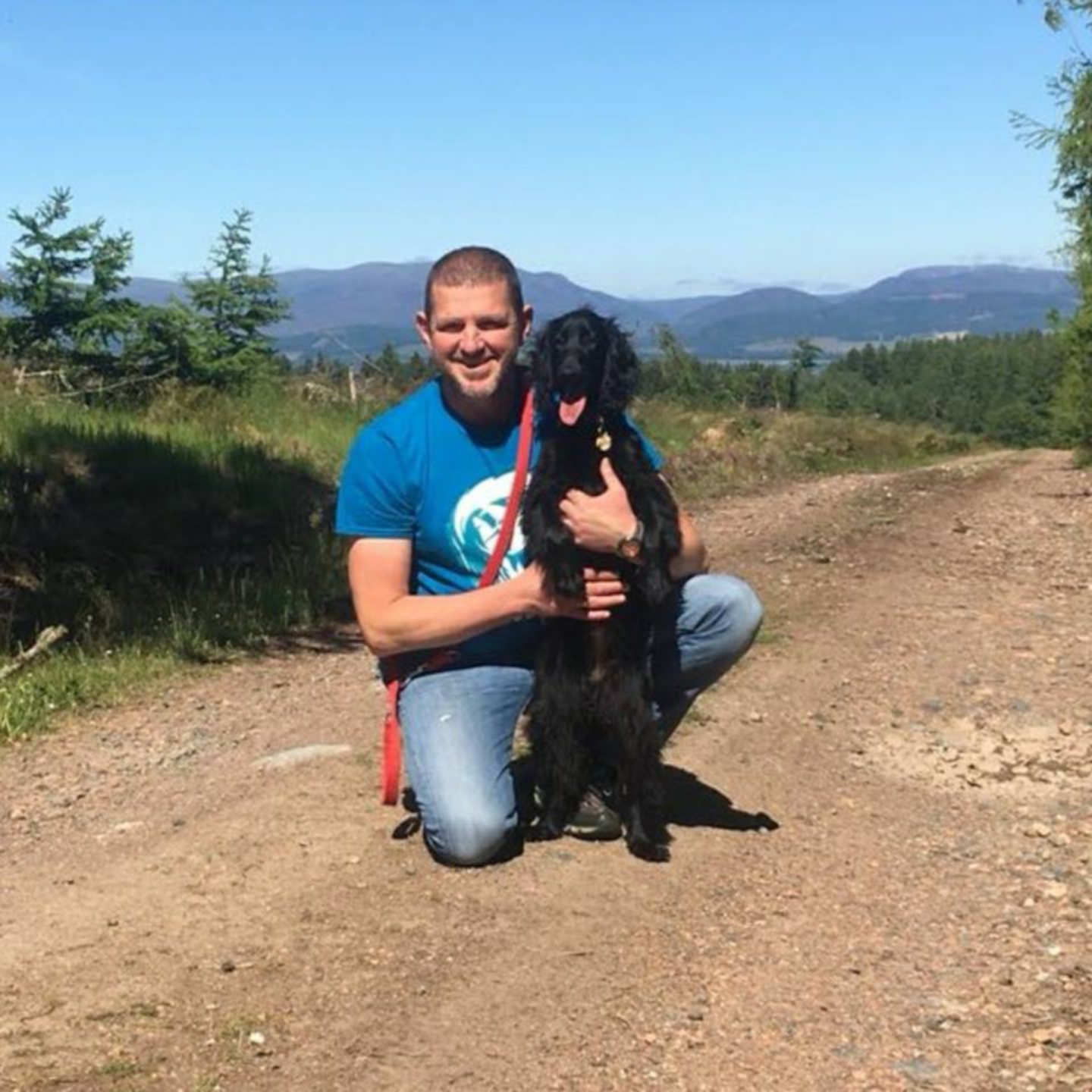
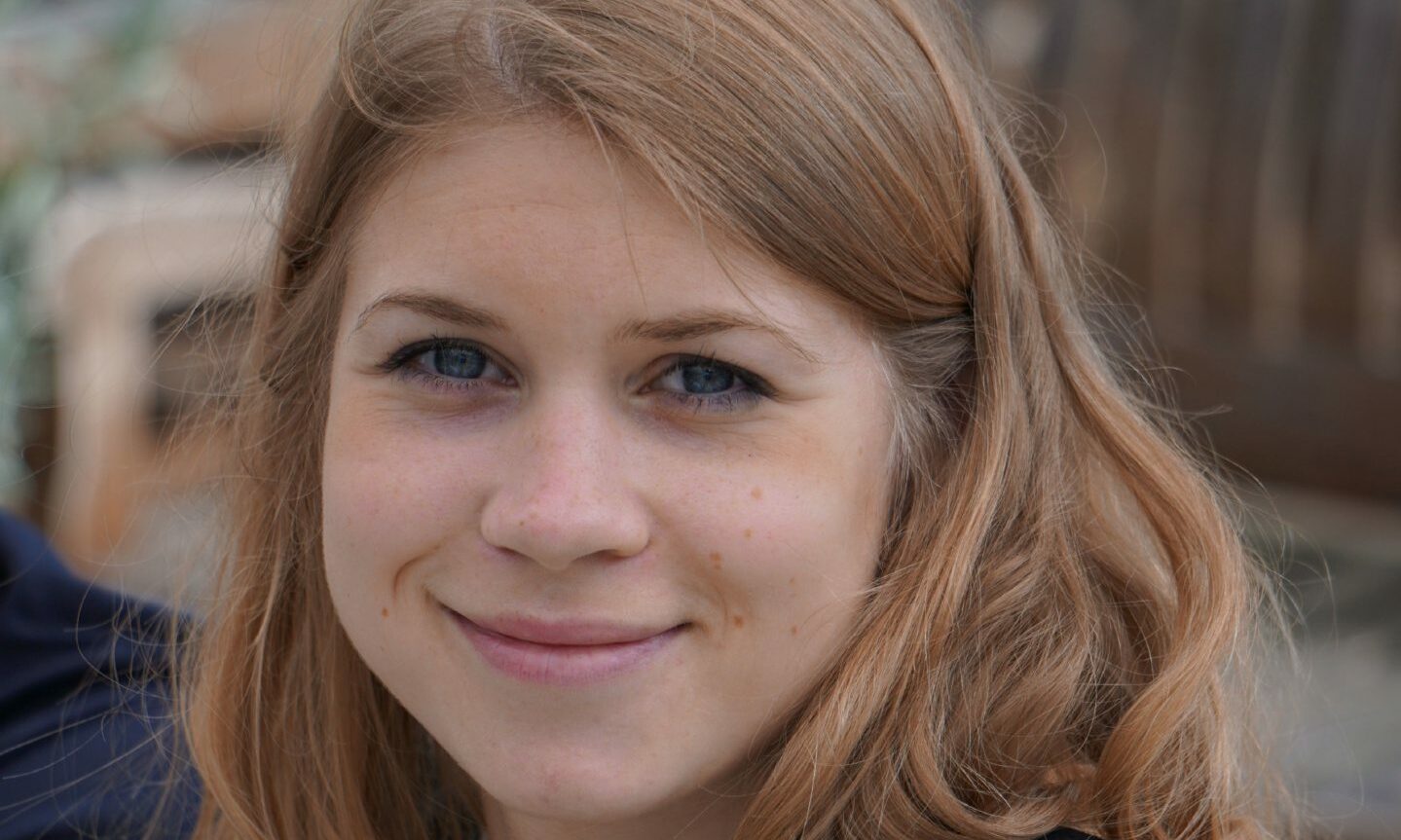
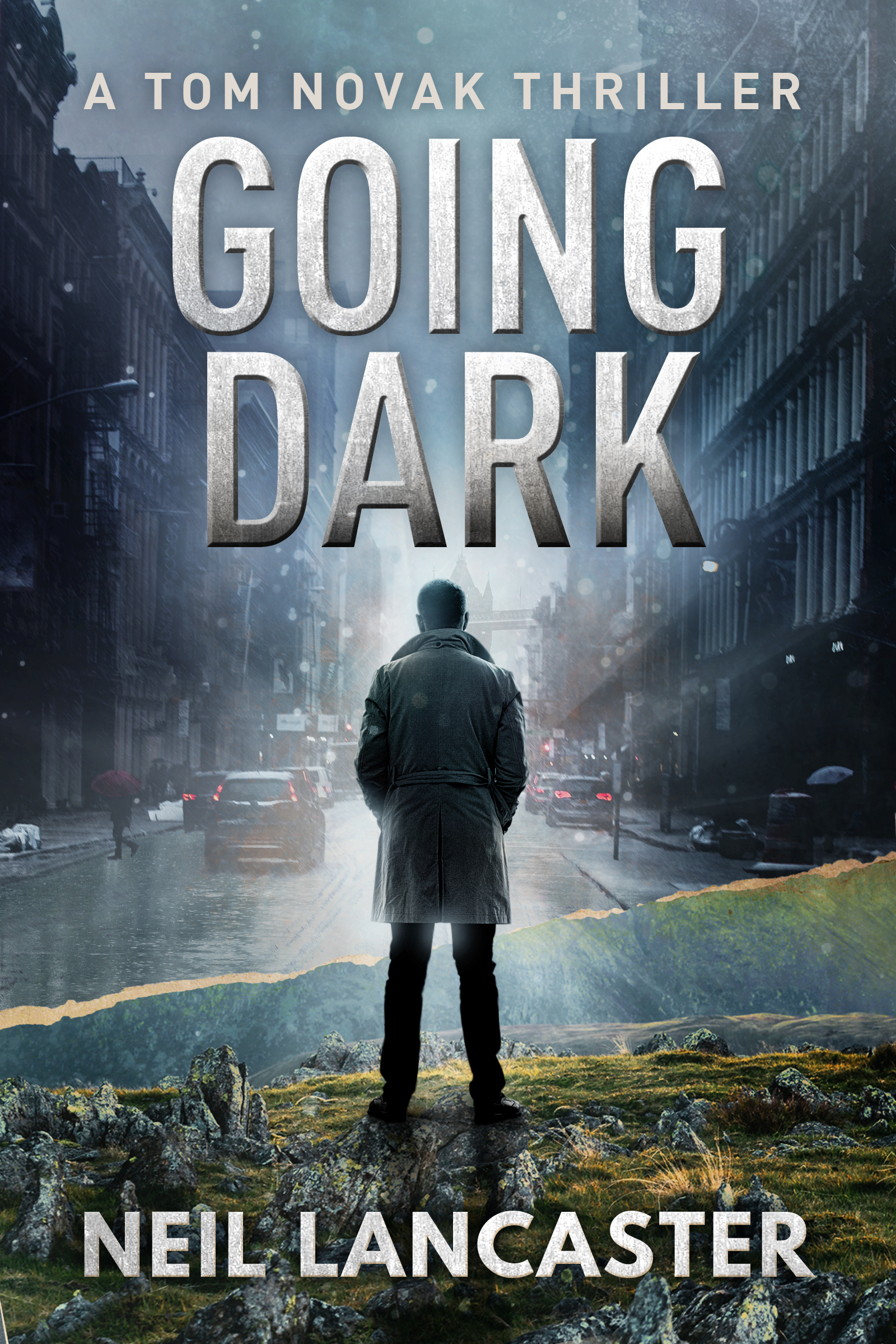
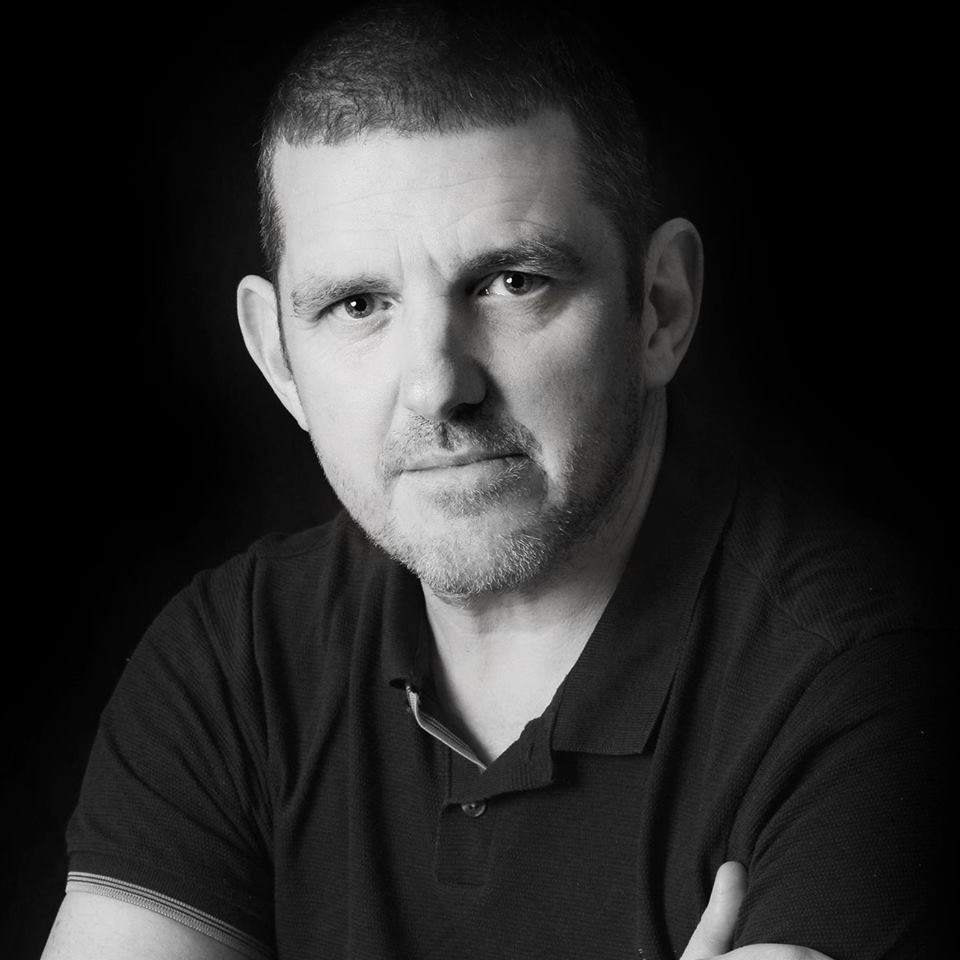
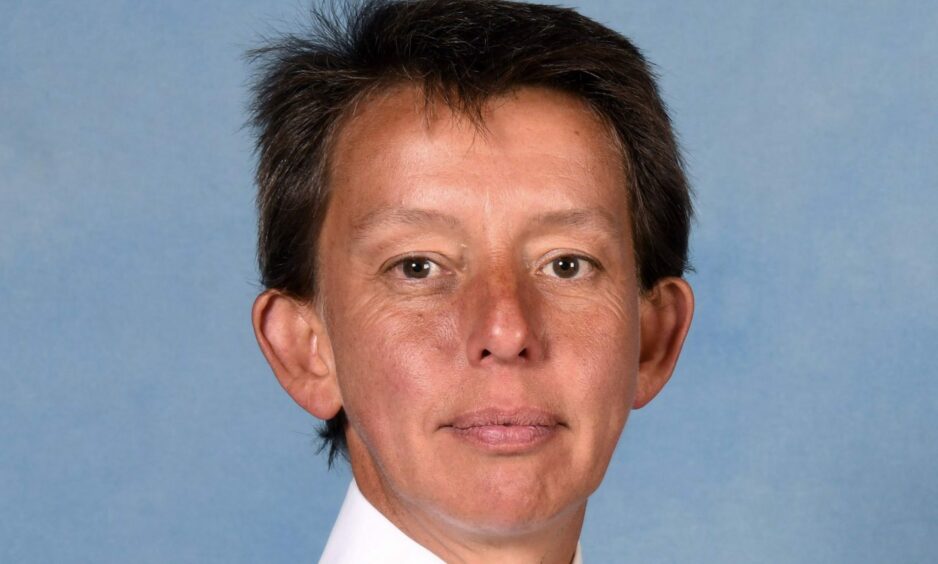
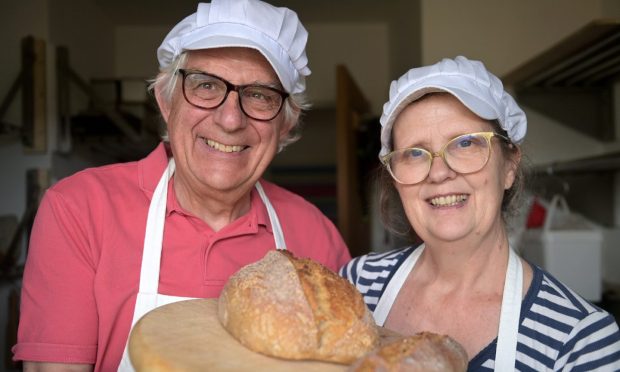
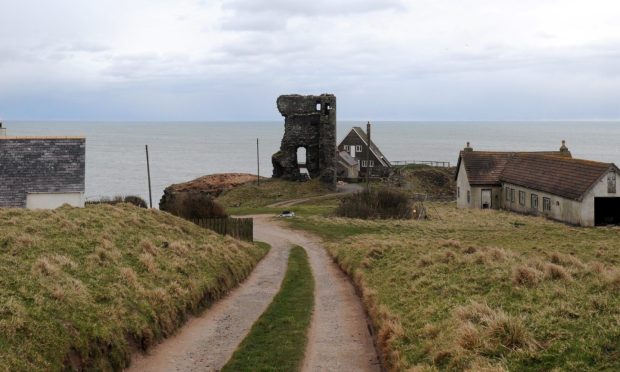


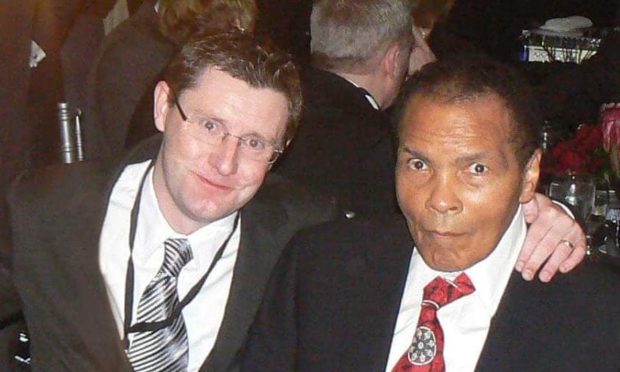

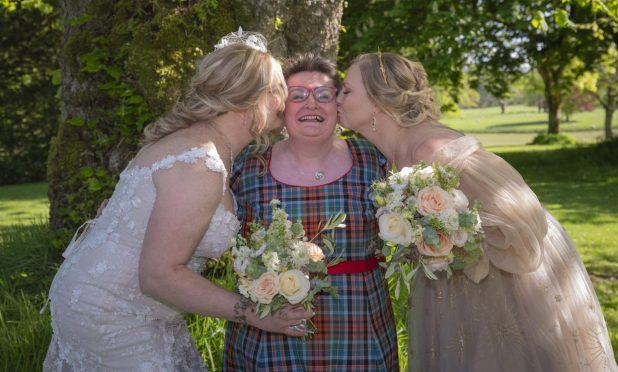

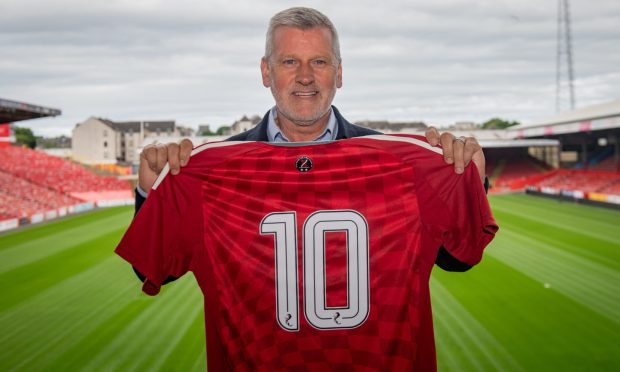

Conversation